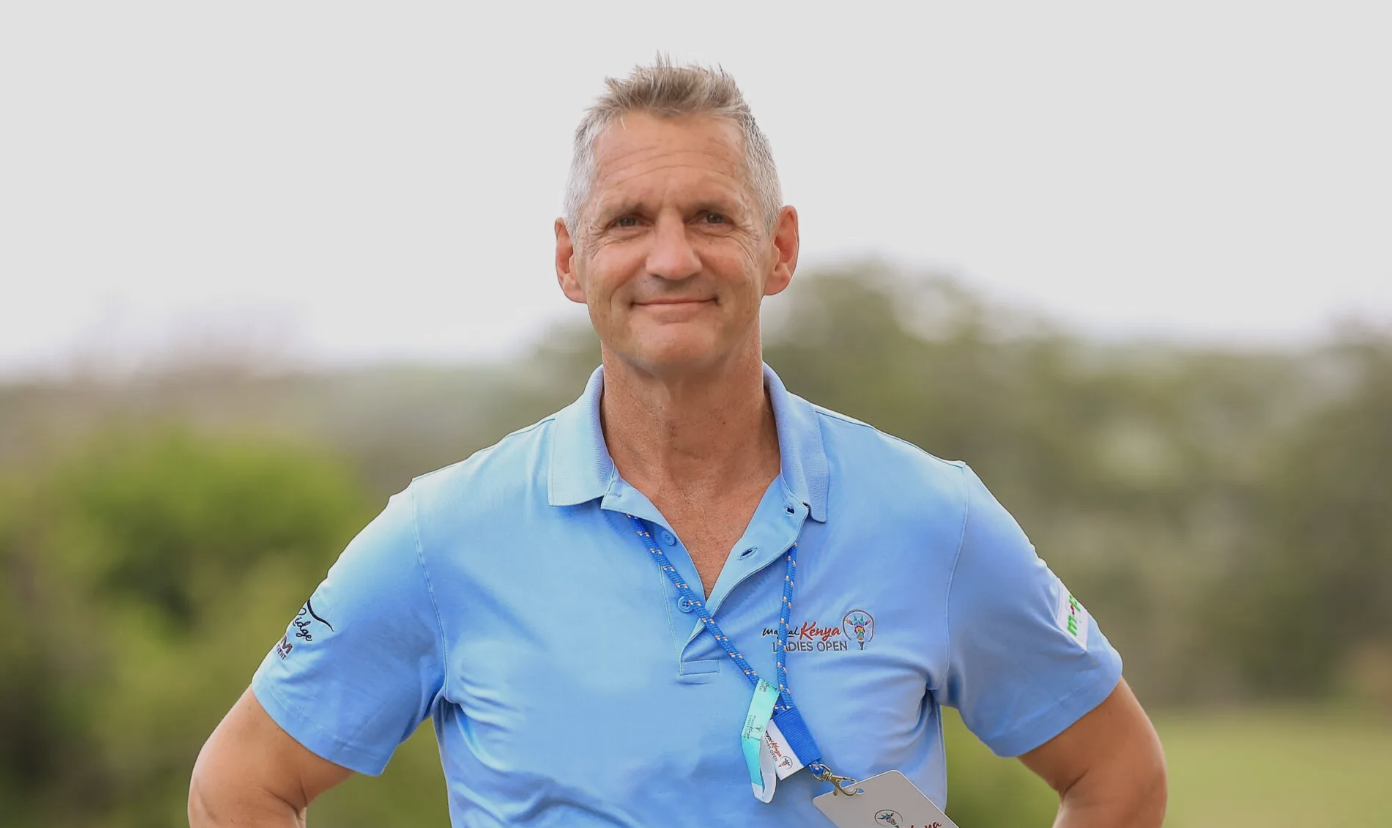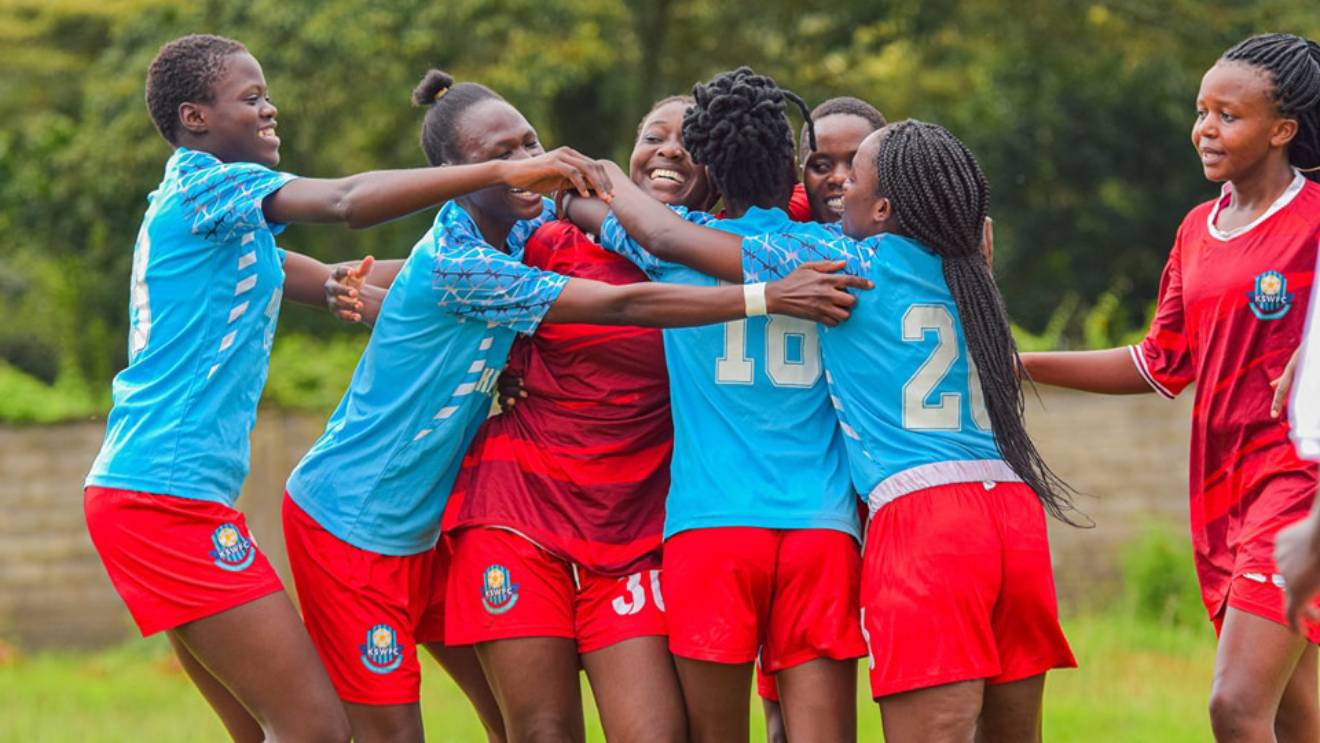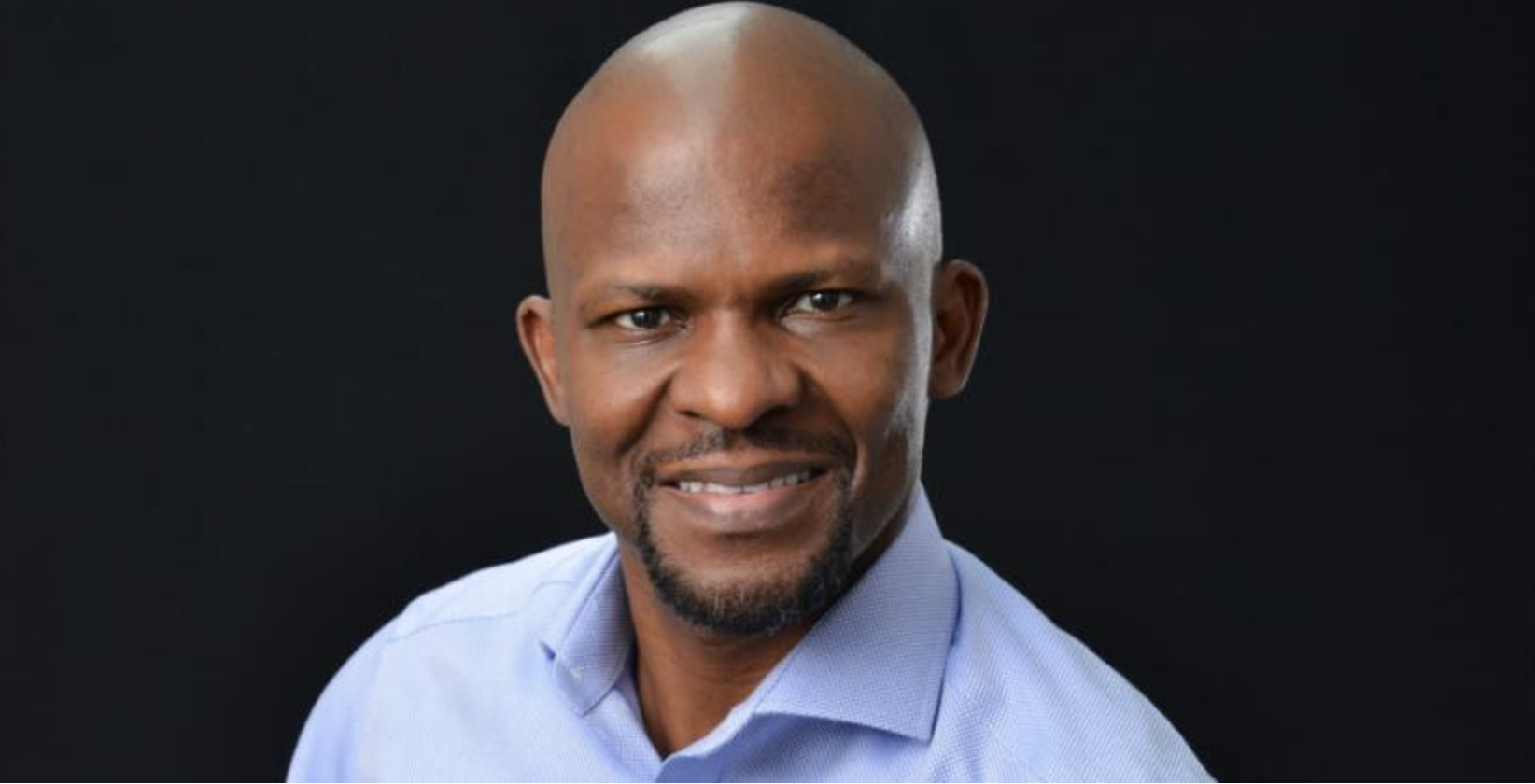60 women who hail from the Amboseli local community have graduated from a three-year vocational training programme that seeks to transform them into wildlife champions.
The Jenga Mama (Swahili for Empower a Woman) is an initiative developed by International Fund for Animal Welfare (IFAW) and German foundation Margarete-Breuer-Stiftung (MBS).
The aim of Jenga Mama is to empower women in Amboseli with the tools to establish microenterprises and generate sustainable incomes for their families and communities.
“I am convinced that everyone will benefit from this initiative, not only the people and the local community but also nature and wildlife,” said IFAW in Germany Country Director Robert Kless.
The 60 Maasai women graduated after finishing their initial year of vocational training and will now be taught how to establish a business over 12 months and conclude the program with a year of mentorship.
Read More
“Empowering women is a big step for every society. We at MBS are proud to support these 60 Maasai women on their personal growth path because we know that they will not stop,” said MBS Chairman Peter Dehnen.
The programme by IFAW and MBS targets women as they are more prone to human-wildlife conflict incidences while executing their chores to convert them into champions for wildlife.
“Ladies are always lowered, and their dignity is always down, especially amongst the Maasai community. Where I come from, we do not have many plumbers, and I will be receiving many calls for plumbing work. I am guaranteed a source of income,” stated Janet Sabore, one of the participants who studied plumbing at the Maasai Technical Training Institute (MTTI).
IFAW says enabling the women to find more sustainable sources of income allows them to speak up against poaching and human-wildlife conflict and take part in key decision-making.
According to the Fund, supporting local communities living with wildlife is key in wildlife conservation given the animals spend over 70 per cent of their time in community lands.
IFAW is pushing for the community in Amboseli to engage in meaningful ways to promote human-wildlife coexistence and in the process foster socio-economic development.
However, the loss of habitat and degradation of land due to climate change and urbanization has continued to exacerbate human-wildlife conflict in Kenya’s Amboseli.


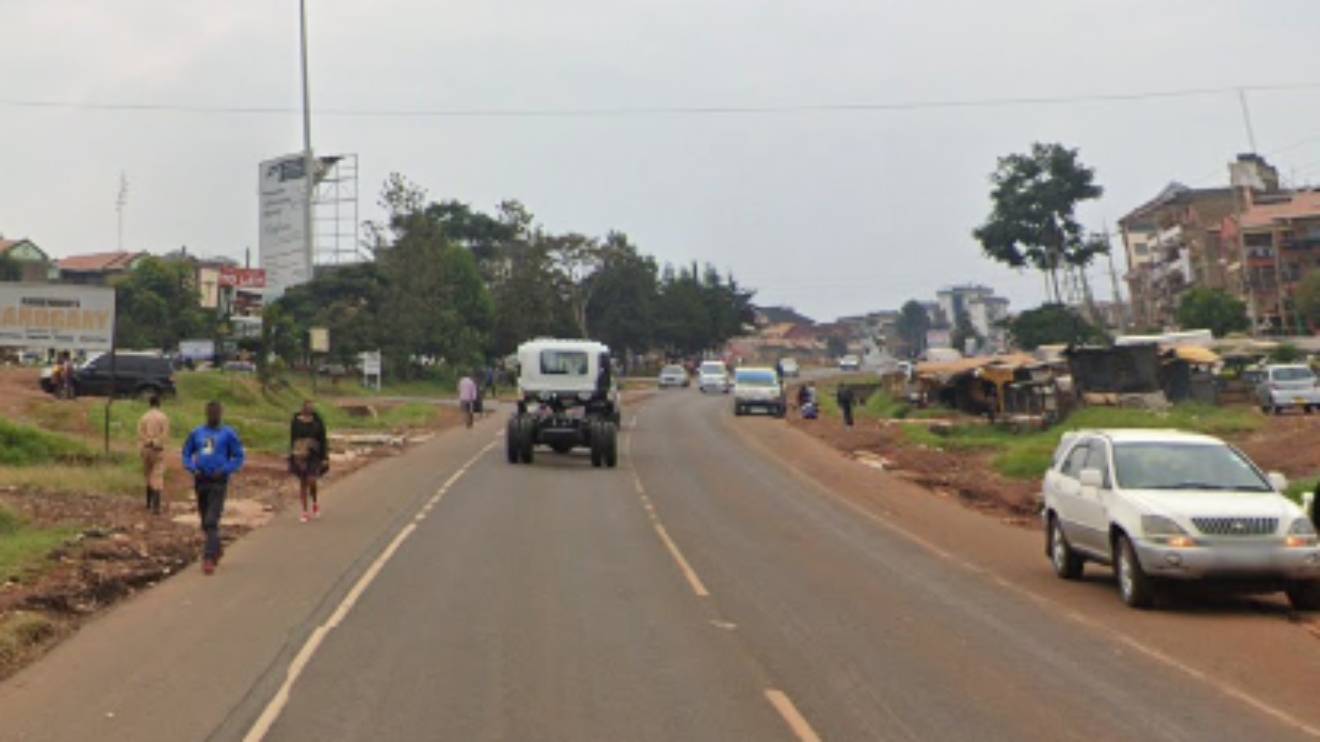
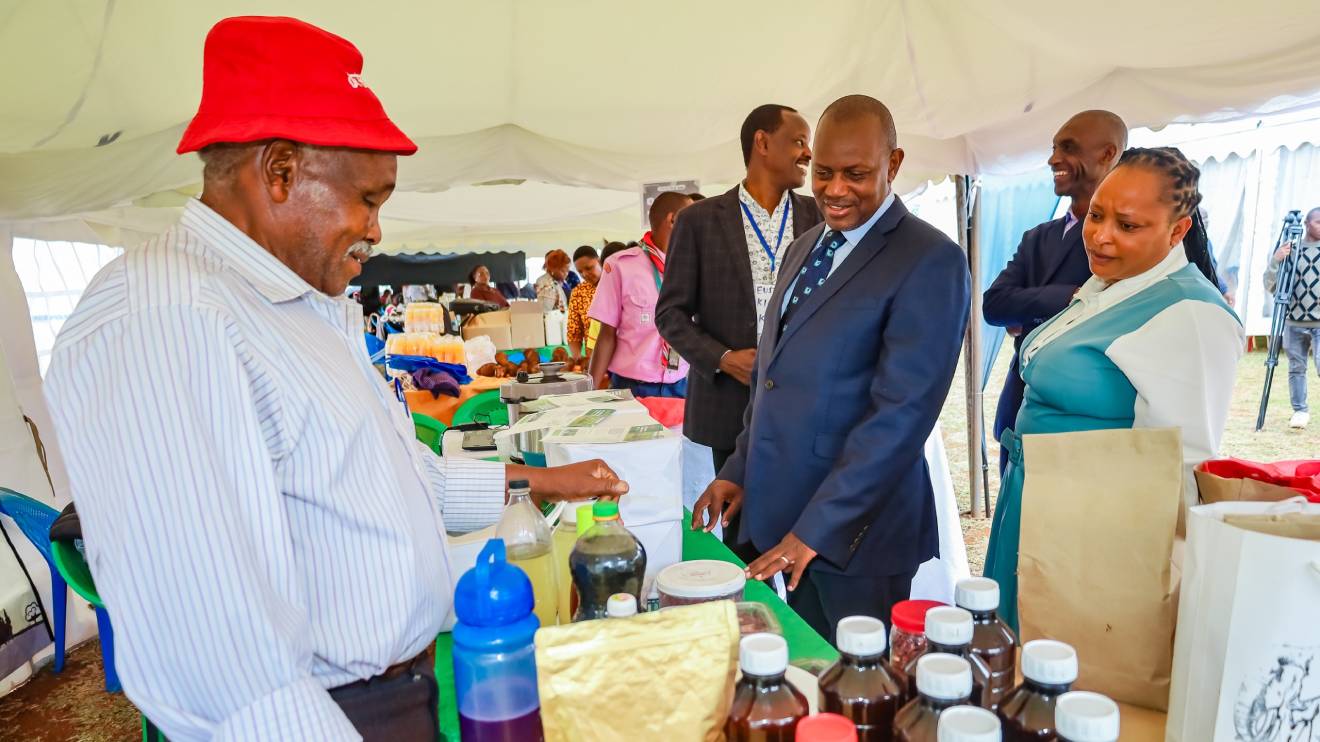

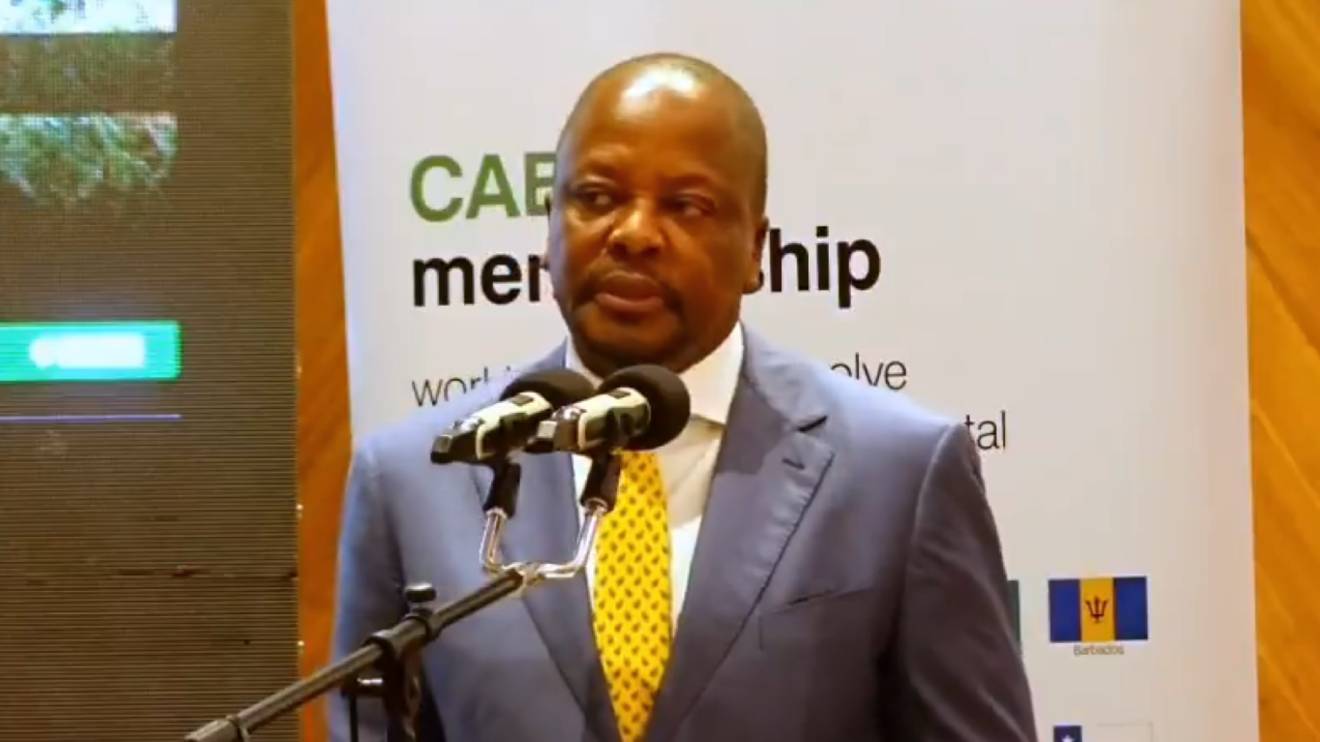
-1751118267.jpg)
